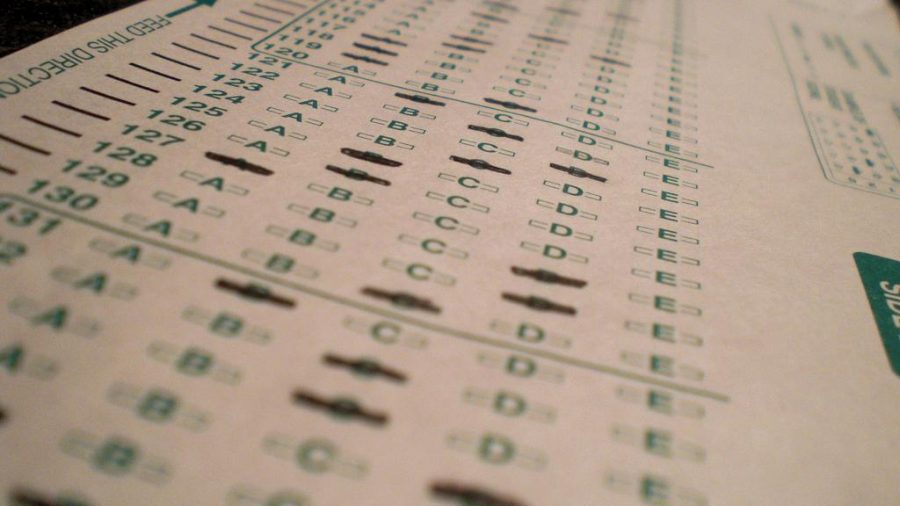As if the GPA requirements for remaining a competitive applicant for graduate school were not rigorous enough, most programs require applicants take an entrance exam as well.
While the GRE, a standardized exam that tests general readiness for higher level course work, remains the standard for most graduate programs in the United States and other English-speaking countries like Australia and the U.K., some specialized programs require an exam more specifically catered towards assessing capability or potential success in areas like law, business and medicine. Preparing oneself to succeed on these exams all while maintaining the competitiveness of the rest of the applicant’s stats can prove to be a difficult task.
Whether or not the score attained is a great indicator of an applicant’s worthiness or ability to succeed in their particular program of interest, admissions boards have no choice but to weigh them significantly. So, perhaps at the disadvantage to some students eager to be admitted, stellar performance on these exams is paramount to securing a seat among other deserving applicants. Because of this, many companies have emerged with prep-courses claiming that attendance will give their students an edge above those who choose to study through traditional means. Some of these prep-course companies even claim to raise scores by a particular percentile amount. The range of price between prep-programs varies from relatively affordable to borderline exorbitant forcing some students to assume that the more they spend, the better their score will be.
The GRE is far and away the most common exam used by graduate admissions to assess the competency of applicants in verbal reasoning, quantitative reasoning and analytical reasoning. The test aims to gauge potential success in and general ability to complete a Master’s program. Below are two of the most popular prep-courses that University of Utah students told me they would recommend.
Kaplan In-Person Course: This GRE prep-course lasts seven days, is normally held two times per week, and goes for three hour increments. The price for the basic package is currently at $1099 and, according to Kaplan, is down two-hundred dollars from it’s normal rate. In addition to the twice-weekly classroom instruction, this course provides 5000 practice questions, seven full practice tests and access to an online module that claims access to “live, highly-interactive unique instruction on everything from the basics to advanced topics.”
One of the most enticing features of Kaplan program is their money back guarantee. They claim that if the user doesn’t score higher on the official GRE than on Kaplan’s practice exam, then they will either provide the course again for free, or refund the purchase price in full. Most users of the Kaplan test-prep programs report mostly positive results. The most frequent complaint is that the practice exams lack difficulty. For those graduate-bound students that have had a significant gap after completing their bachelor’s, Kaplan seems like a good option, albeit relatively expensive.
For those who would like access to Kaplan materials but don’t want to pay for the in-person or even the less expensive online course, Kaplan test-prep books for the GRE can be found online in the $20 dollar range as well as supplemental practice tests. Students who have used the Kaplan in-person prep course, reported an average 10-15 point increase in score compared to their first attempt. Kaplan also offers similar programs for other graduate admissions exams, but at different price points, including MCAT, LSAT, DAT, GMAT, OAT and PCAT.
Magoosh: While Kaplan utilizes the traditional classroom setting to teach fundamentals in reasoning and test taking strategies, Magoosh caters more towards self-motivated studiers who prefer to learn on their own time. The website, which offers a one-month and six-month plan, offers users 200 instructional videos, 1000 practice questions and three practice tests pertaining to all the tested categories of the GRE. At $129 for one month access and $149 for the six month plan, Magoosh is obviously the thriftier choice. And while the material provided is considerably less extensive than Kaplan’s, they guarantee users will see a five-point increase in score or their money back. Most of the students I asked about test-prep courses that had used Magoosh reported positive results. The general consensus was that while it is massively cheaper than other services, it should only be used by self-motivated, disciplined students due to the personalized-pace opportunity of the coursework.
letters@chronicle.utah.edu


